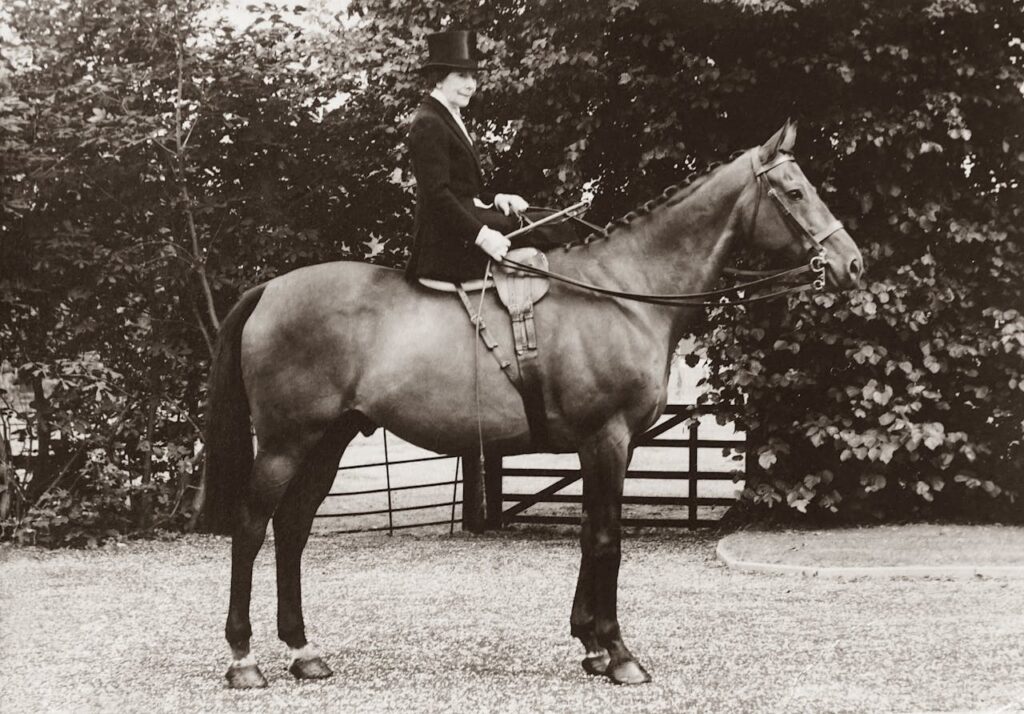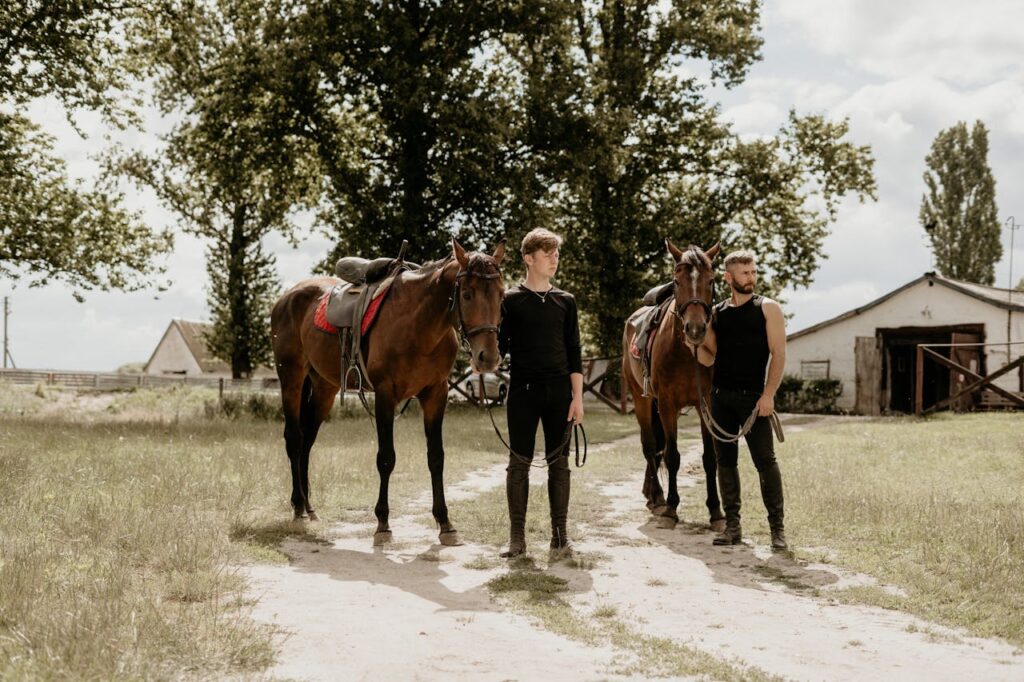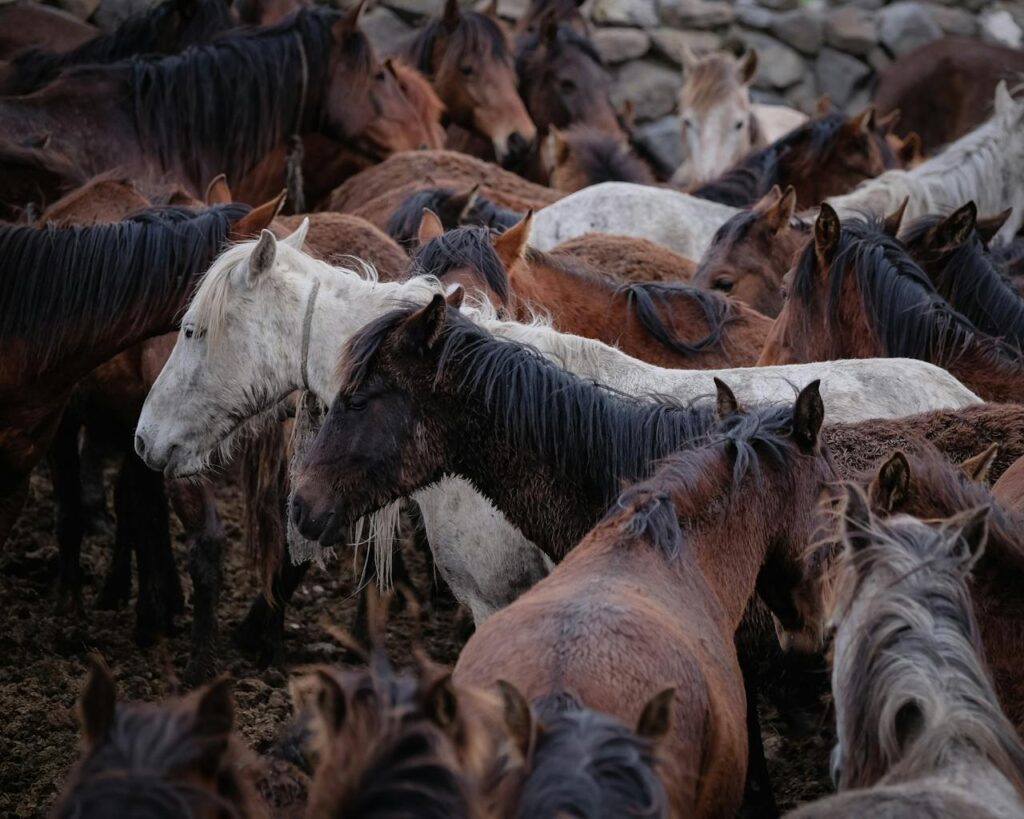Meaning: Acting arrogant, self-righteous, or superior, often looking down on others as if one is morally or intellectually better.
Usage in Example Sentences:
- “Ever since he got that promotion, he’s been on his high horse, thinking he’s better than everyone else.”
- “Get off your high horse and try to see things from their perspective.”
- “She climbed on her high horse, lecturing everyone about proper etiquette.”
Origin:
The phrase originates from the medieval practice of riding tall or high horses as a status symbol of wealth and power. Nobles or people of high status would literally ride larger, more expensive horses, which metaphorically translated to behaving in a superior or self-important manner. Over time, the idiom evolved to describe arrogance or self-righteousness, even without the literal horses.




